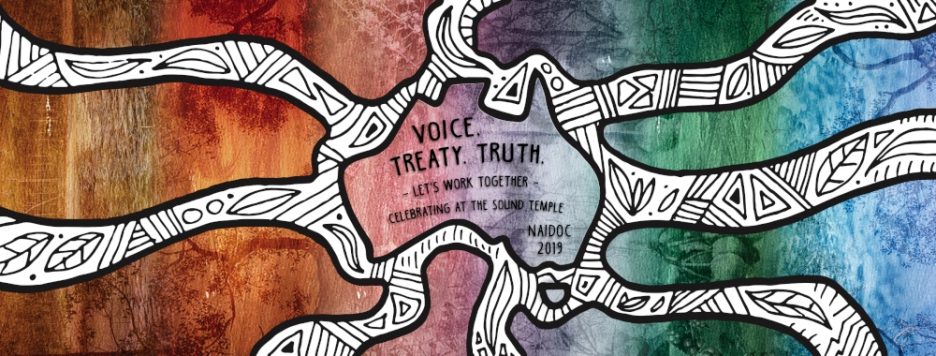The Indigenous voice of this country is well over 65,000 years old. They were the first words spoken on this continent. The languages passed down knowledge, lore and culture for over millennia. It’s this indigenous voice that includes skill, know-how practices and innovations found in many contexts such as ecological, scientific, agricultural, technical and medical fields. They are the words connecting these people to their country, to an understanding of their country and to a people who are the oldest continuing culture on the planet.2019 is being celebrated as the United Nations International Year of Indigenous Languages and it is high time for their knowledge to be heard through their languages. For hundreds of years, these people have sought recognition for their unique place in Australian society and history. For just as long, Aboriginal and Torres Strait Islander people have searched for significant and lasting change.Before Invasion, more than 250 Aboriginal Languages existed in Australia. Now in 2019, only 60 of them are still considered healthy. Where did they all go?
This question led our team at The Sound Temple on a fact finding mission this week to explore the lost languages.
Up until the 1970’s, government policies discouraged and banned Aboriginal people from speaking their languages. In instances such as The Stolen Generation, children were banned from speaking their mother language at school or on Christian Missions.
“Our people were not allowed to follow any aspect of their traditional culture. This included being forbidden to speak their languages. This affected both my mother and father and as a result, us kids missed out on being taught our traditional tongues.” – Singer/Songwriter Paul Moncrieff
Languages carry cultural knowledge. When a language is lost, it means a loss of culture and of Aboriginal people’s connection to their ancestors. This in turn has the potential to heavily impact on Aboriginals health and well-being.
“Without a language, you do not have cultural autonomy, you do not have intellectual sovereignty, you do not have culture, you do not have heritage.” – Professor Ghil’ad Zuckermann, University of Adelaide.
Language is how we communicate. It is how we connect with our past, our present and our future. It is how we meet new people, learn from past mistakes and pass down stories and warnings for generations after us to understand and to remember. What would we do if we didn’t have that?
NAIDOC week 2019 follows the theme of Voice. Treaty. Truth. Let’s work together for a shared future. It acknowledges that for Aboriginal and Torres Strait Islanders, it is long over due for their knowledge to be heard through their voice, an Indigenous voice that is over 65,000 years old.
“The history of our first peoples is the history of all of us, of all Australians, and we need to own it- hearing this history is necessary before we can come to come true reconciliation, some genuine healing on both sides. Then we can move forward together. So, Let’s work together for a shared future.”- National NAIDOC co chairs Pat Thompson and John Paul Janke
This NAIDOC week has been about listening to a voice that is thousands of years old, of reconnecting these people to ancestors and history that has been lost for many generations. So let’s all do our part. Thanks to Julian Silburn who hosted our NAIDOC event here at The Sound Temple and sharing the words of your adopted elders.

